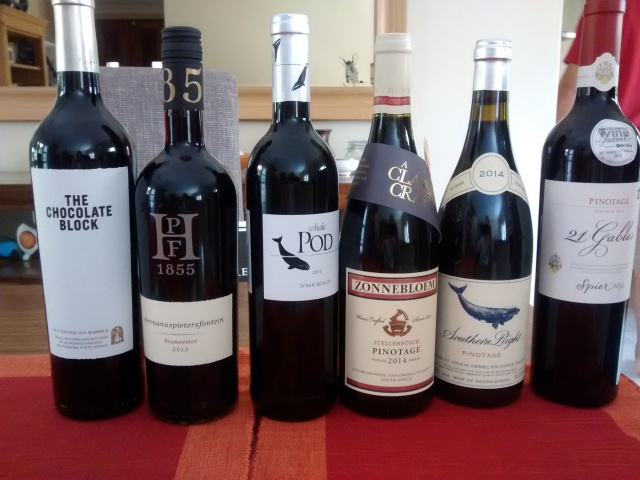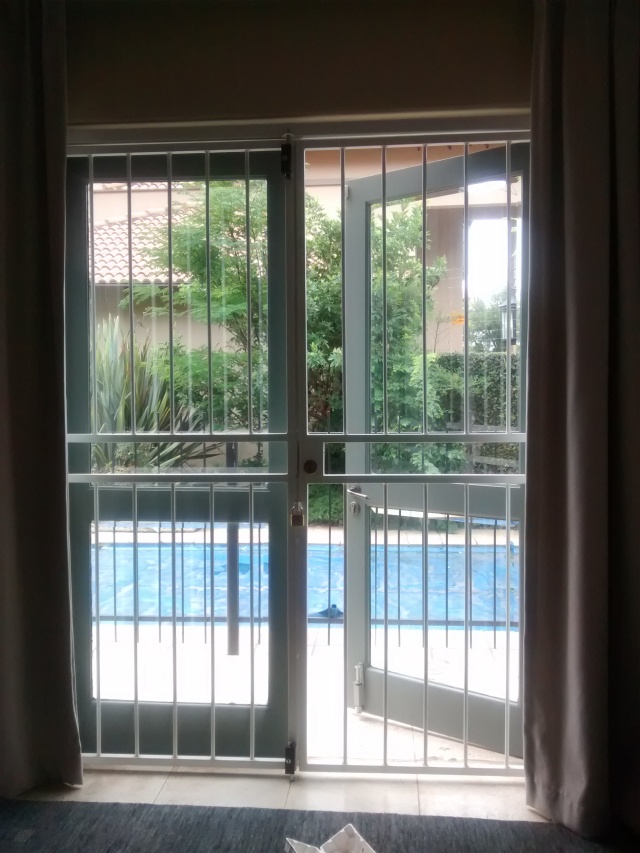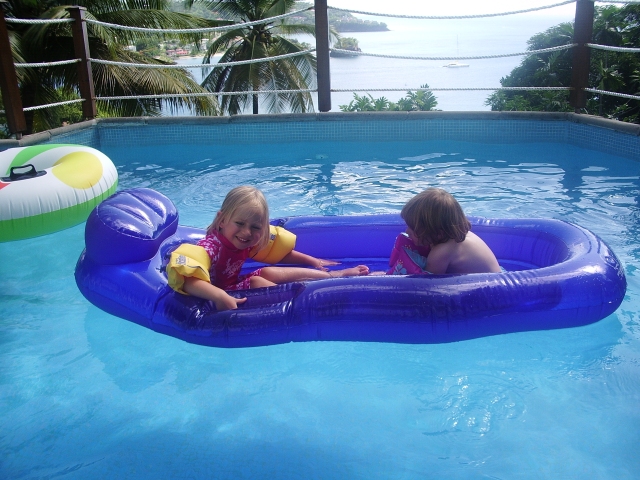A while ago I wrote this post on the things you wish you had known before you became an expat. Mostly this dealt with the bigger picture, like how to meet people, embracing the culture, and managing your expectations.
But there are the little things too, the things that are very much more specific to your particular country rather than to expat life as a whole. Things that are also very particular to you – after all, what is important to one family may be insignificant to another. I, for one, don’t care that I can’t get American cereals in South Africa. My American friends apparently care very much.

When you are used to this much choice….
This was a topic recently tackled by one of my road testers, Lynsay of the blog Mills Family Travels, who has moved with her family to South Korea and has been following the chapters of my book as she settles in to her new life. In her post on the subject, Lynsay writes:
Furniture is oddly expensive – had we known we probably would have shipped our Ikea bookcases rather than sell them for relatively little! We probably should have brought the bunk beds too but as we were getting furnished accommodation we had to weigh up the cost of shipping (Jeju is not a cheap place to get things to!) versus what we could manage without.
Bikes are not expensive and are easy to get – it probably would have been better to sell the children’s bikes and buy new here. For some reason they didn’t travel well and arrived a little worse for wear.
Bedding is not the same size as in the UK! So our duvet covers and sheets are not very useful!
(you can read the full post here)
I am sure some of these points will resonate with some of you. I am also sure that they will be totally irrelevant to others. Here in South Africa, I wish we had known how hard it would be to get buy good quality children’s shoes and clothes. I also wish I had known how cheap everything would be. There are a lot of things we should have just waited to buy until we got here. On the other hand, I wish we HADN’T been told to bring lots of sun tan cream. The shops here are full of it (although to be fair, fuller now that it is summer than when we first arrived in August and really needed it…).
As it is important to try and get location-specific information before you move somewhere, I always recommend trying to find a local blogger in similar circumstances to yourself (eg has children, doesn’t have children, is working, is the accompanying partner etc) to follow. Even better if they are a friendly type of blogger who will answer your questions. And these days, there are more and more Facebook pages set up for expats in foreign cities – here we have Trailing Spouses Johannesburg and Trailing Spouses Pretoria. These are excellent resources, and just the sort of place to ask questions like whether you can get a certain brand of tea bag in yor new country, what size sheets to bring, and whether you are likely to find a decent dentist….

Will they have your favourite brand of tea?
But of course, however hard you try, there will always be some questions you won’t get answered before your move. It would be impossible (and actually pretty boring) to know everything about your new location before you get there. There will also be questions that you won’t even know you needed to ask before you left.
And yet, even when things are uncertain, even when there are things you wish you had known, we all cope in the end. Yes you may not be able to buy the exact brand of toothpaste that you have become used to – but there are plenty of very decent alternatives. There aren’t any great clothes shops, but there is always online shopping. Bookshops are scarce – but friends with books are aplenty. Not knowing is one of the excitements of travel, an excitement that has been all but taken away thanks to our interconnected, global world. Let’s leave a few suprises in place.
Even if it is just what size bedsheets you will need for your new home.
Are there any location-specific things you wish you had known before moving somewhere new? Or do you prefer to find out about these things when you get there?









